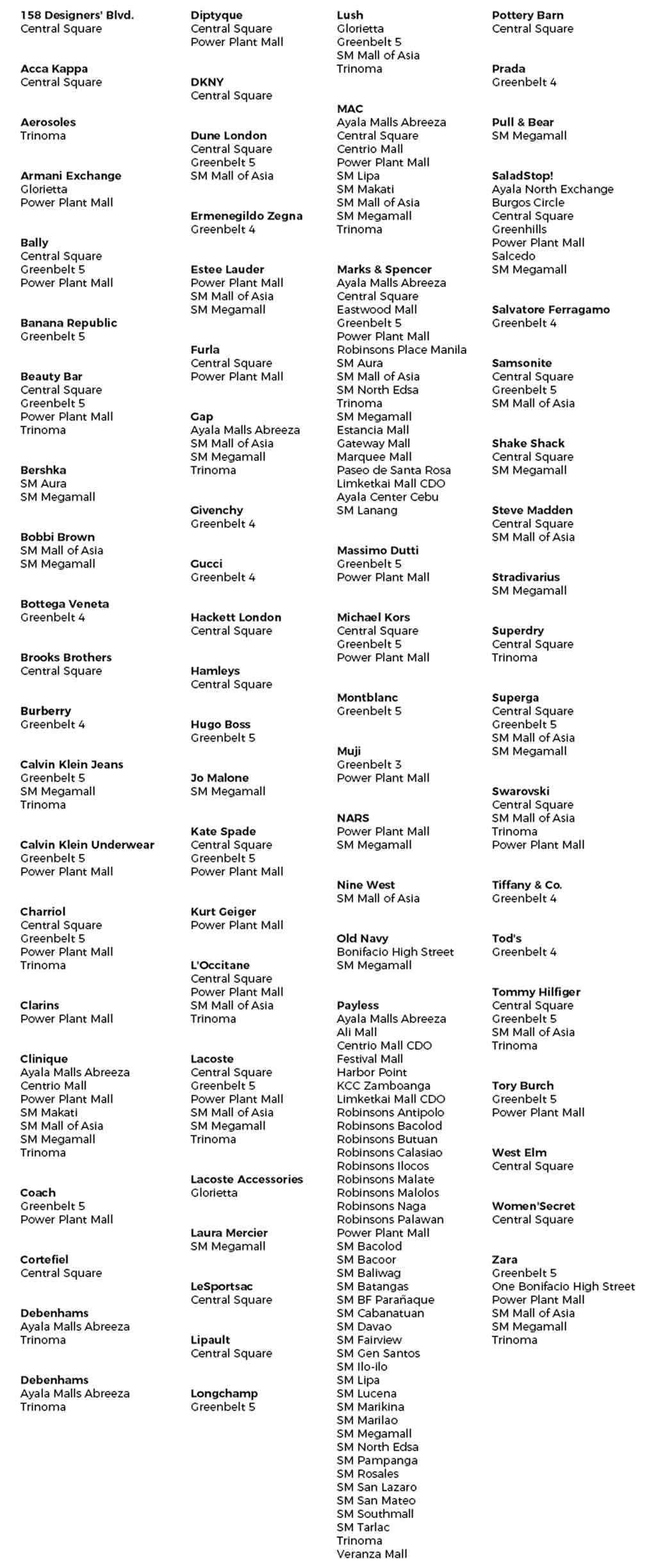Lockdown easing draws investors to SMIC
THE easing of lockdown restrictions such as the reopening of malls led to increased trading activity in the SM Investments Corp. (SMIC) stock last week.
SMIC was the seventh most actively traded stock with a total of 991,700 shares worth P813.05 million having exchanged hands on the trading floor from May 18-22, according to data from the Philippine Stock Exchange.
On a week-on-week basis, its share price was higher by 3.3% to P828 on Friday from May 15’s closing price of P801.50 apiece. Year to date, the conglomerate’s share price is down 20.3%.
“We think what really triggered SM to gain earlier [last] week was the resumption of mall operations amid eased lockdown measures in the country. Although it is not fully operational, it will have, at least, a revenue to generate,” Philstocks Financial, Inc. Research Associate Claire T. Alviar said in an e-mail.
“Chart-wise, traders bought on support at around P800, which also triggers the bounce of the stock,” she added.
In a separate e-mail, Timson Securities, Inc. Head of Online Trading and Trader Darren Blaine T. Pangan said investor sentiment “was leaning more towards a wait-and-see stance… brought about by the uncertainty of the effects of the more-relaxed lockdown measures… in the country.”
“Investors may be observing how consumers will behave in what most people call the new normal environment. Corporate earnings results were also released last Thursday,” he said.
SMIC’s net attributable income dropped 16% to P9 billion in the first quarter, pulled by income declines in its retail, property and banking segments.
BDO Unibank, Inc. had a net income of P8.8 billion in the first three months of the year, around 10.2% lower than the P9.8 billion in the same quarter the previous year. Meanwhile, China Banking Corp.’s profits grew by 19% to P2.2 billion during the period.
Property arm SM Prime Holdings, Inc. recorded a consolidated net income of P8.3 billion, down 5% from P8.8 billion in last year’s comparable three months.
Retail operations under SM Retail, Inc. also took a hit as it posted a net income of P1.2 billion, down 56% from P2.7 billion the previous year.
Per segment, banking made up 46% of SMIC’s net income, property comprised 44%, and retail accounted for the remaining 10%.
“We think that investors already expected that SM’s earnings would decline this quarter given the lockdown in Luzon which prohibits malls from opening…[I]t was trading above P900 at the beginning of March [and] since then, it plunged by up to 31% after Metro Manila was placed in the Enhanced Community Quarantine (ECQ)…,” Philstocks’ Ms. Alviar said.
“Investors were just waiting on how big the impact would be,” she added.
Ms. Alviar said uncertainties surrounding the pandemic make it hard to come up with a forecast: “But for this year, we expect SM Investments’ net income to decline, even worse than it had in the first quarter this year,” she said.
For Timson Securities’ Mr. Pangan: “The second-quarter earnings may heavily be dependent as to how the lockdown measures will be handled in the coming weeks.”
“If psychological support at P800 holds, we may see the stock consolidate between P800 and P880, which is its nearest resistance. If the stock breaks out of this level, then we may witness the stock trading back at the P900 area,” Mr. Pangan said.
For Philstocks’ Ms. Alviar: “In the short-run, we see support at P800 and resistance at P880,” she said.
“[F]or the medium-term, support is around P780 while resistance is P900. The 50-day EMA (exponential moving average) would also be the dynamic resistance in the short-term,” she added. — Jobo E. Hernandez

